The low importance of the facts for Donald Trump can be an advantage. It has allowed him, for example, to praise religious freedom in India while the most serious clashes between Hindus and Muslims of the last 30 years occurred. There are many affinities between Trump and Narendra Modi. Some belong to the spirit of time and that is why they share them with political leaders as distant and different as Jair Bolsonaro and Vladimir Putin, Viktor Orbán and Boris Johnson, Marine Le Pen and Benjamín Netanyahu, Matteo Salvini and Recep Tayyip Erdogan. They are nationalists and populists, propelled by the defense of the community considered majority in their respective countries against other distinct communities, by religion, language, ethnic origin, or against immigrants and foreigners.
There are other affinities inscribed in the interests of each country, and even in the geopolitics of an international order in transformation. India and the United States, despite all the regrets, are the two most populous democracies on the planet. If it all comes down to the exercise of the right to vote, only with the suffrage of Indians and Americans does one fifth of humanity vote. They also suffer the evils that afflict all democracies, of which Modi and Trump are both effect and cause.
MORE INFORMATION
Modi: the risk of 'majoritarianism'- EDITORIAL | Sectarianism in India
Both question the constitutional foundations of their respective countries on sensitive points such as pluralism and religious tolerance or the concentration of presidential powers. And they do it fueling the worst passions, so fruitful in social networks, where we find an affinity in its use: Modi, 53 million followers on Twitter, Trump 73 million. Legislation is strongly criticized by both of them for their respective oppositions and for human rights defenders. In the United States the victims are Hispanic and African-American immigrants, and in India Muslims, converted into foreigners or second-class citizens.
To bring two countries of such dimensions closer together, mutual sympathies are not enough, nor are the chauvinistic and authoritarian talents that resemble them. There are objective ties beyond Trump and Modi. They have already narrowed with George W. Bush and Obama, and will continue to narrow without Trump and without Modi. The most important is the one that claims to stop or at least counterbalance China, the superpower that aspires to turn its territorial centrality in Asia into absolute hegemony throughout the maritime and even oceanic environment of the Pacific.
Trump and Modi practice rewarding diplomacy for populist leaderships. Trump received his Indian colleague in a Houston stadium before 50,000 people last September with the Howdy Modi salute, and he has returned his compliment at another stadium, in Ahmedabad, his electoral fief, with another greeting, Namaste Trump . But behind folklore and flattery are the tectonic movements of geopolitics, which bring Washington closer to New Delhi and drive it away from Islamabad.
You can follow THE COUNTRY Opinion on Facebook, Twitter or subscribe here to the Newsletter.

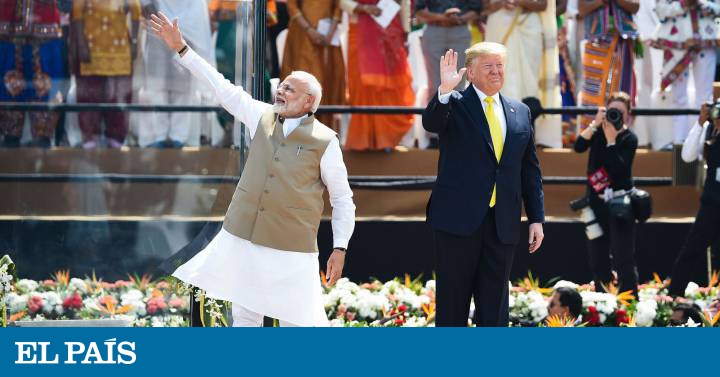

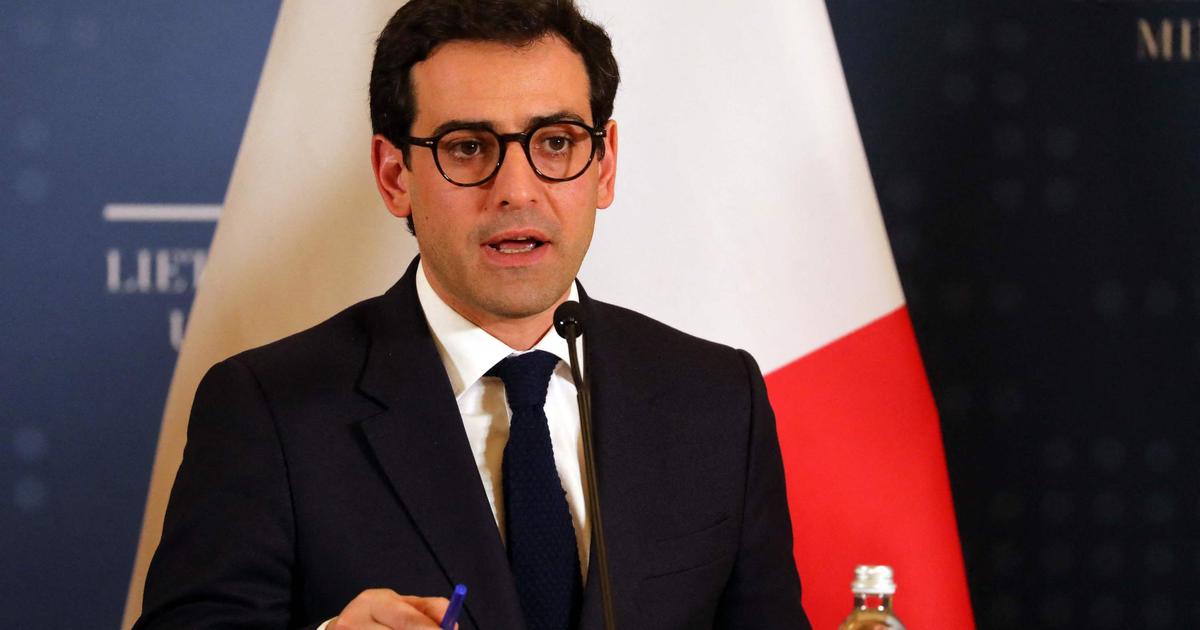
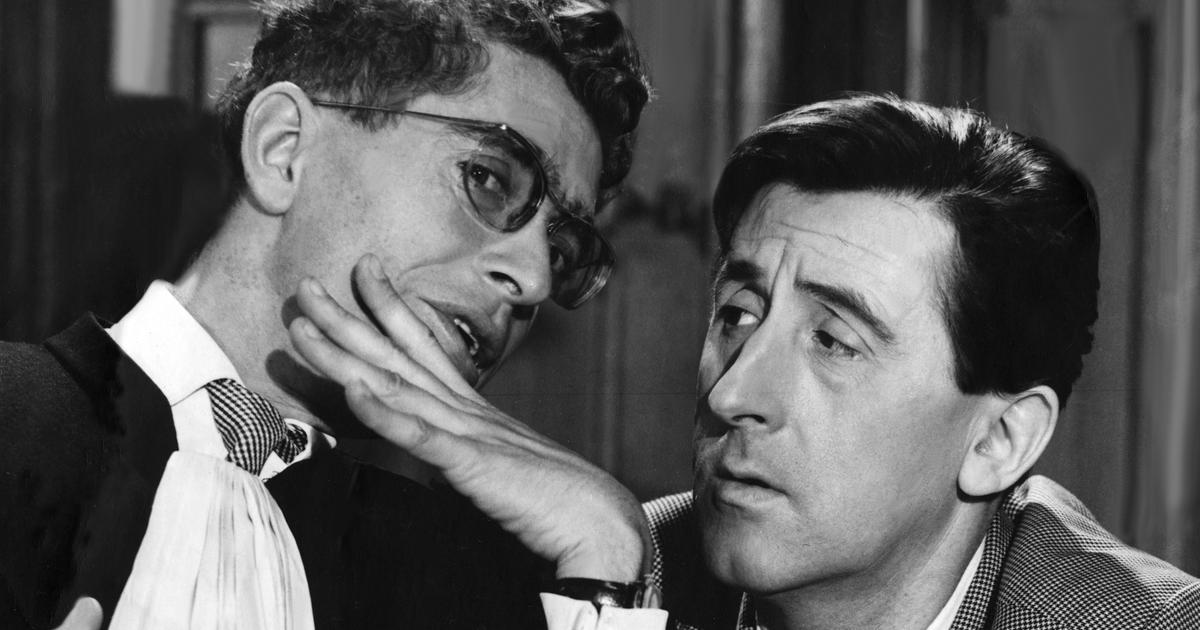
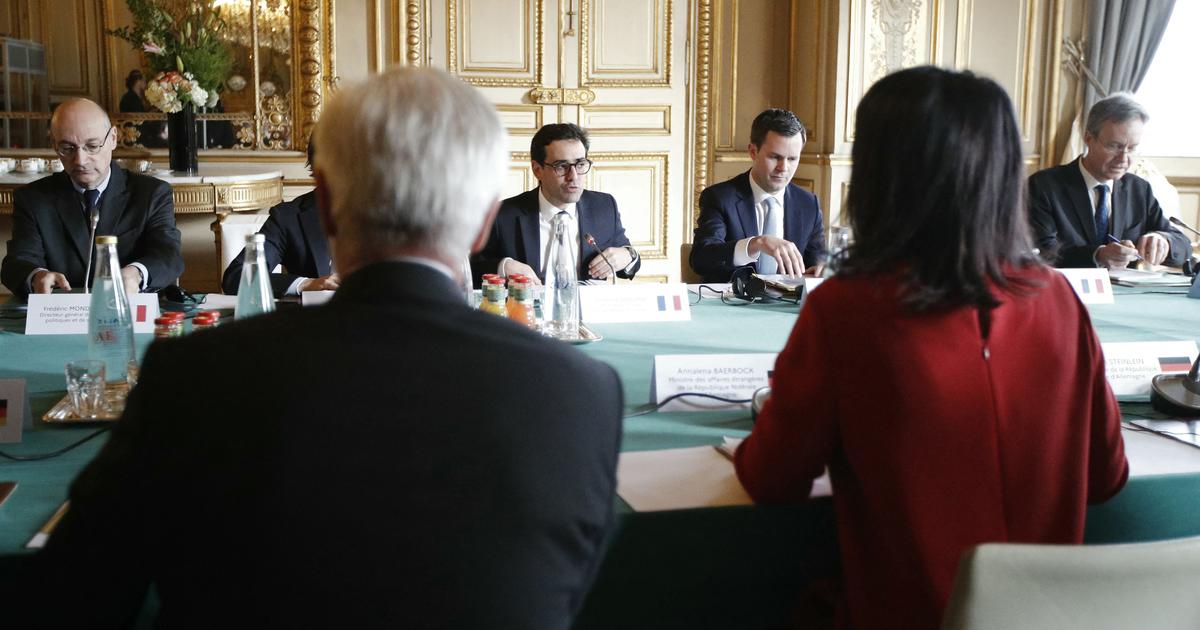



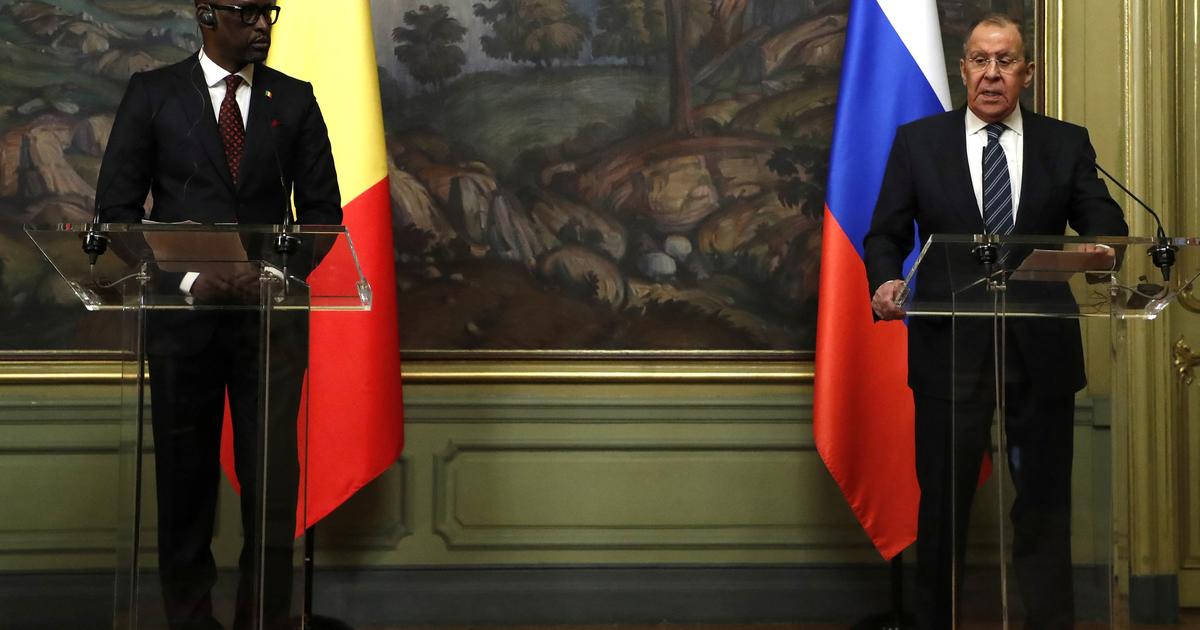
/cloudfront-eu-central-1.images.arcpublishing.com/prisa/2C5HI6YHNFHDLJSBNWHOIAS2AE.jpeg)




